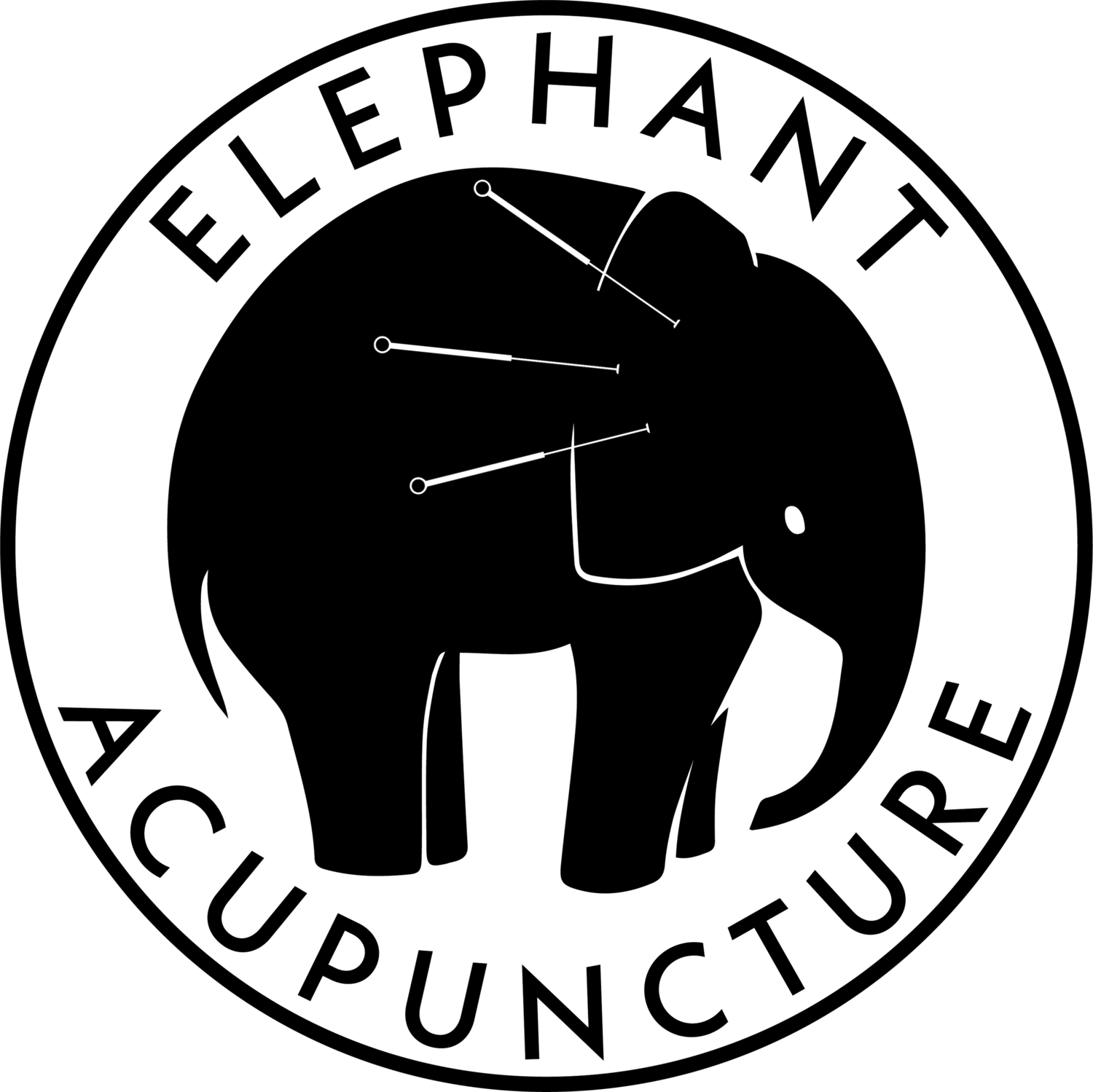Does acupuncture hurt? In general, acupuncture is painless, and you may not feel a thing. Sometimes you may feel the needle break the skin. You may also feel what we call “de qi” or “the qi sensation” at certain points which can feel like heaviness, pressure, warmth, or even like an electrical sensation. These sensations are completely normal, but if they are too intense and interfere with your ability to relax during your treatment, the depth of needle insertion can be adjusted to keep you comfortable.
What can I do to prepare for my treatment? It’s best to come as you are. Make sure that you are not too hungry or too full, and remember, you’re coming to acupuncture to relax, so avoid caffeine right before your session.
What should I wear? Loose comfortable clothing that allows access to your arms and legs is preferable, but the table is set up like a massage table so that there is always a drape to keep things modest.
Are the needles reused? Needles are sold in sterile packages and are disposed of after one use. They are never reused.
How many treatments will I need? Short answer : It depends… it depends on the condition we are working on, how long you've been dealing with it, your general state of health, how aggressively you pursue treatment, and how committed you are to doing your lifestyle homework. Generally, we see some change and improvement after 1-3 treatments and resolution after 6-10 treatments.
How often should I receive acupuncture? If you are using acupuncture for wellness, self-care, or to relax, once every week or two can be enough, but anytime you are trying to address an illness or specific condition, it's much more effective to increase the frequency of your visits. A good approach for addressing acute conditions would include treatments 2-3 a week, whereas chronic conditions can be treated weekly. As you heal, treatments can be spaced out over longer and longer periods of time and you can come less frequently. Click here to read more.
What kind of aftercare should I practice? It’s important to hydrate and to avoid strenuous activities for at least two hours after your treatment. If you receive cupping or gua sha, wait about two hours before showering.
Where do you put the needles? There are hundreds of acupuncture points mapped on the body, and point selection depends on the conditions being treated. The most common point locations are at or below the elbows and knees, on the back, abdomen, and ears.
What does acupuncture treat? Traditional Chinese Medicine is a complete medical system that is capable of diagnosing and successfully treating a wide range of conditions including but not limited to:
Eye, Ear, Nose, Throat Disorders: sinusitis, sore throat, hay fever, earache, nerve deafness, ringing in the ears, dizziness, poor eyesight
Circulatory Disorders: high blood pressure, angina pectoris, arteriosclerosis, anemia
Gastrointestinal Disorders: irritable bowel syndrome, spastic colon, colitis, constipation, diarrhea, food allergies, ulcers, gastritis, abdominal bloating, hemorrhoids
Gynecological / Genitourinary Disorders: premenstrual syndrome (PMS), irregular, heavy or painful menstruation, endometriosis, menopause, fibroids, chronic bladder infection, kidney stones, impotence, infertility in men and women, sexual dysfunction
Immune Disorders: candida, chronic fatigue, HIV and AIDS, Epstein-Barr virus, allergies, lupus, MS, Hepatitis
Addiction: smoking cessation, drugs, alcohol, food, etc…
Emotional and Psychological Disorders: anxiety, insomnia, depression, stress
Musculoskeletal and Neurological Disorders: arthritis, neuralgia, sciatica, back pain, bursitis, tendonitis, stiff neck, Bell's palsy, trigeminal neuralgia, headaches and migraines, stroke, cerebral palsy, sprains, muscle spasms
Respiratory Disorders: asthma, emphysema, bronchitis, colds and flus
Acupuncture Also Treats: chemotherapy side effects, diabetes, dermatological disorders, unwanted weight gain
